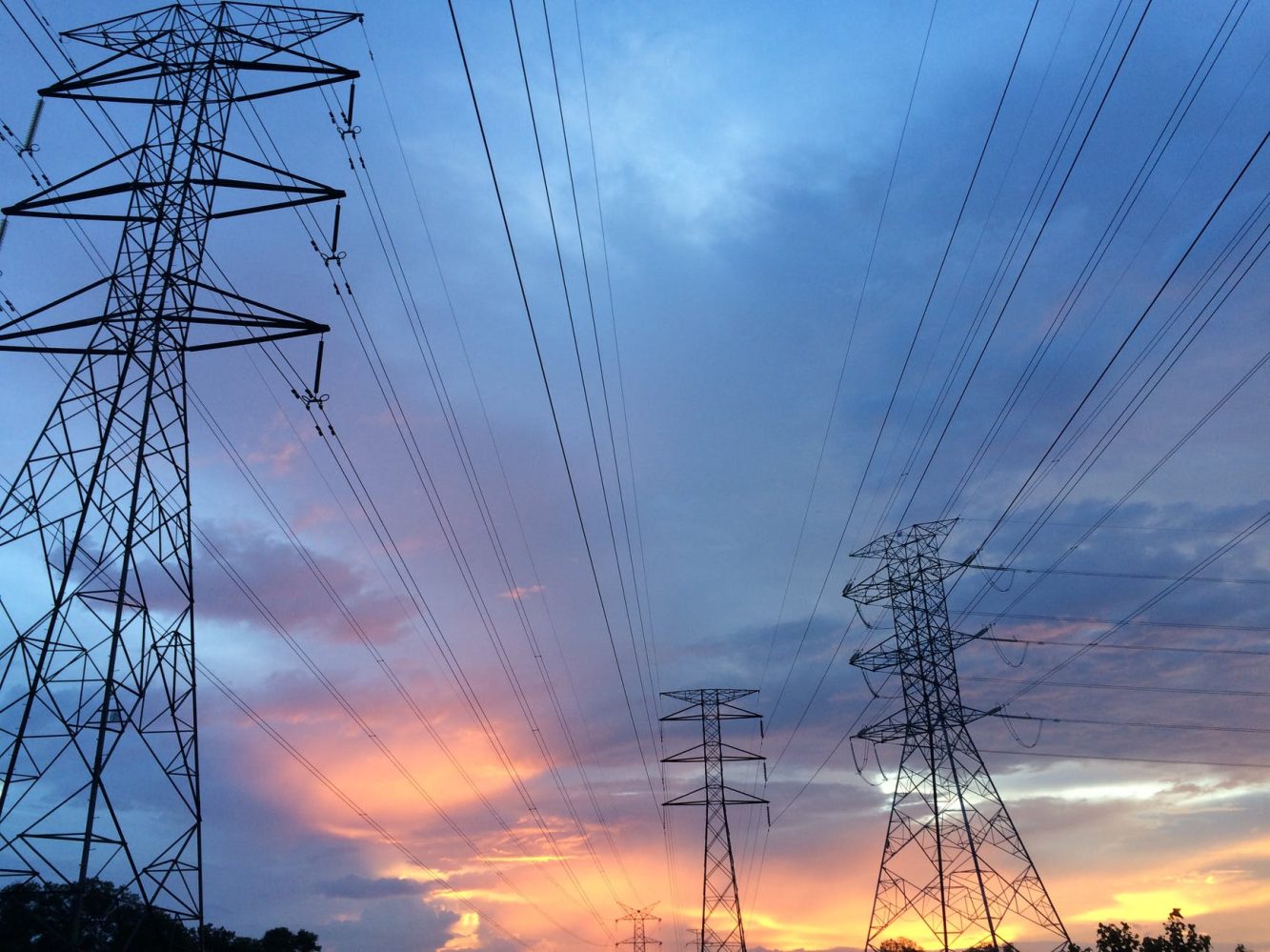
The G7, made up of the world’s largest economies, today agreed to “predominantly decarbonized electricity sectors by 2035.” The G7 also agreed to end government financing for international coal-fired power generation and speed up the phase-out of unabated coal plants by 2035.
“Unabated” refers to electricity generation that doesn’t use technology to capture emissions.
The G7 is made up of the United States, Canada, France, Germany, Italy, Japan, and the UK. The statement the group released today says on page 32:
Recalling our agreement in the 2021 Climate and Environment communique, we further commit to a goal of achieving predominantly decarbonized electricity sectors by 2035, prioritizing, consistent with our 2030 NDCs, our power sector transition commitments and our respective net zero commitments, concrete and timely steps towards the goal of an eventual phase-out of domestic unabated coal power generation. To this end, we will rapidly scale up the necessary technologies and policies for the clean energy transition.
The coal phase-out is a particularly big deal for Japan, which got 32% of its electricity from coal in 2019.
As of February 2022, coal made up nearly 22% of US electricity generation. The Biden administration set a goal of carbon-free electricity by 2030 in December.
The movement away from fossil fuels has been sped up by Russia’s invasion of Ukraine, and the urgent need to stop buying fossil fuels from Russia as a result.
The G7 ministers also said that new road vehicles in their respective countries would be “predominantly” zero-emissions vehicles by 2030.
CNN notes:
[The G7’s] decisions on energy and climate are often pitched to the wider G20 group, which together produce 80% of the world’s greenhouse gas emissions. The G20 will meet in Bali in November.
Environmental nonprofit think tank Ember‘s COO Phil MacDonald said of the G7 announcement:
The G7 have just changed the game for the global energy transition. The science shows that decarbonizing electricity by 2035 is the quickest and cheapest way to net zero.
The past few years have made abundantly clear the many benefits of moving away from fossil fuels, and the G7 are now in agreement that this ambitious target is achievable and desirable. The quicker they move on this, the more they can reap the rewards of cheap, secure, and sustainable power, as well as paving the way for clean electrification worldwide.
Read more: EU renewables plan spotlights Japan’s weak targets as G7 energy meeting kicks off
Photo: Pok Rie on Pexels.com
UnderstandSolar is a free service that links you to top-rated solar installers in your region for personalized solar estimates. Tesla now offers price matching, so it’s important to shop for the best quotes. Click here to learn more and get your quotes. — *ad.
FTC: We use income earning auto affiliate links. More.




Comments